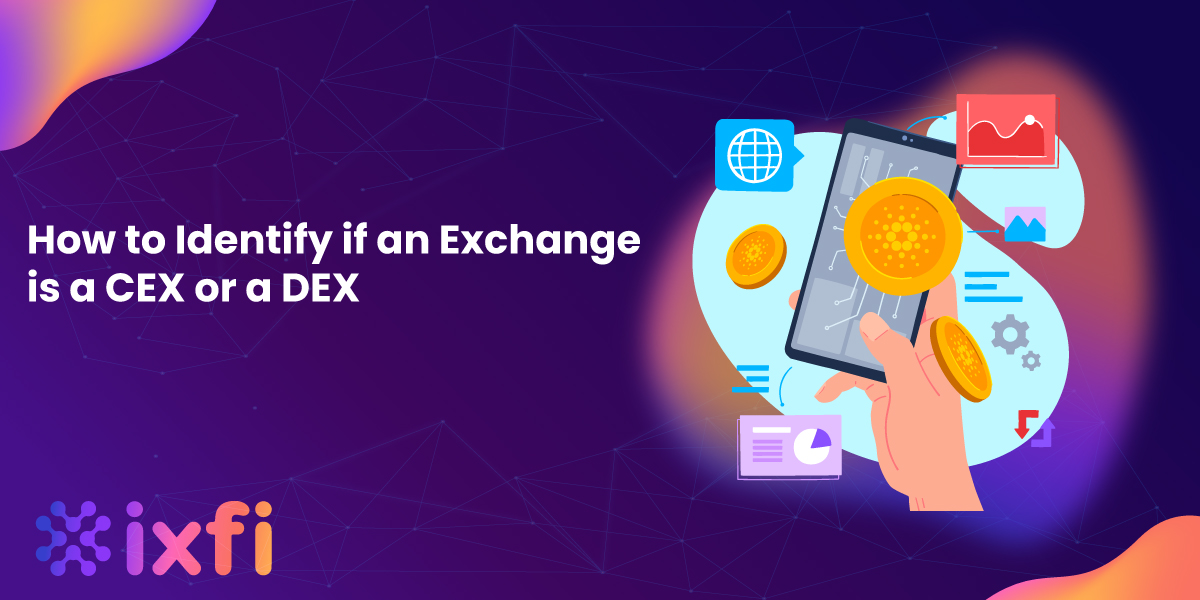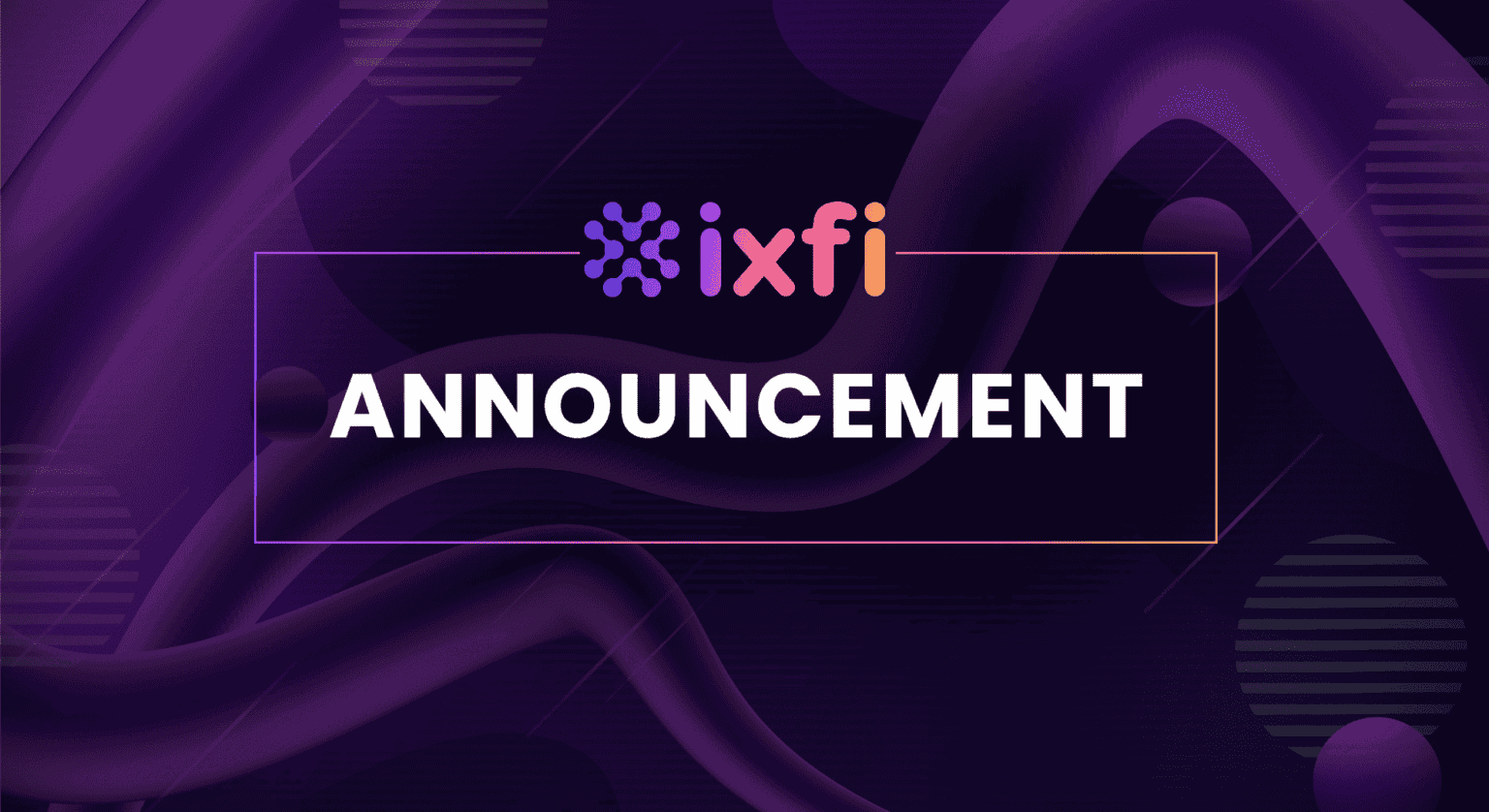There are actually not many standards, fundamentals, or specific technologies. It doesn’t actually mean anything because the word decentralized in itself isn’t really a definition. It describes a spectrum, a group of behaviors.
There is much hype and marketing nowadays. Actually, there are not many decentralized exchanges out there that everybody can easily use. There are some basic key criteria that everybody should know when analyzing if the exchange they are using is a centralized (CEX) or a decentralized one (DEX).
How decentralized is a DEX really?
The word decentralized describes a group of behaviors that are different in every case. You can find different types of DEXs. There are many questions you can ask about an exchange in order to see its real level of decentralization. Here are three of the most important ones.
● Is it really a decentralized exchange?
Or is it more of a centralized exchange? Most of the exchanges are centralized in many different ways, from the jurisdiction of the company running the service to the website that it’s hosted on, or even centralized on just one blockchain.
● How decentralized is a DEX?
The better question to ask is which part of it is decentralized? And if there are parts that are not decentralized. What are those parts of the service? That’s what actually matters to the user. The exchange needs to be as transparent as possible with all this information.
● Is a company running it?
A business that runs a service like an exchange will have to make a profit and will have its own rules to operate. Then, you’re most probably required to undertake KYC – Know Your Customer – and AML – Anti Money Laundry – procedures. They will require some kind of identification.
Is it a DEX or a CEX? 5 basic key criteria
To understand what is actually a DEX, you need to answer all of those centralization questions. It’s not a simple yes or no.
The differences between a centralized exchange and a decentralized exchange can be split into five categories. Here are the five criteria you can use to figure out how decentralized an exchange really is.
- Custody
Is it custodial or non-custodial? Does it hold your money? That’s the foundational criterion.
If it’s custodial, they hold your money and they have rules regarding use; it’s clearly a high level of centralization.
- Identification
Do you need to prove your identity in order to use these decentralized exchanges? Does it require some kind of identification? Does it follow KYC or AML laws?
If it is, it’s probably backed by a company. That company is in a jurisdiction, and that jurisdiction imposes regulations and the company has no choice but to extend those regulations to its customers. A truly decentralized exchange doesn’t have a company behind it and, therefore, often doesn’t really have any of these regulations.
- Free blockchain
Does it operate across multiple cryptocurrencies and Blockchains or is it limited to one? Dependence on only one blockchain is a reduction in decentralization.
For example, if it’s an Ethereum blockchain-only exchange, that’s somewhat centralized. It’s centralized in the respect that it is centralized on Ethereum and doesn’t support other chains. If you see something that uses Bitcoin blockchain, Monero blockchain, Ethereum blockchain and others, then that exchange is slightly more decentralized than the previous one.
- P2P trading
Does it enable peer-to-peer exchange? If not, then clearly, you can’t call it decentralized. Does it have a decentralized order book, or does it rely on a central service for matching buyers and sellers? This is very important because you either trade against other people, or you trade against the company.
- Product interface
The interface that you’re using to access the exchange is very important. Is it a website?
Is it a website that is served off an ENS – Ethereum Name Service – or IPFS link, or some other distributed storage decentralized web, that allows you to access it without a central point of service? Or, maybe it is served through a peer-to-peer application that you install on your desktop. These would be some good indications that it’s decentralized in a way that other exchanges are not.
Answering all of the questions will lead you to analyze certain criteria and you can decide whether what you’re looking at is really a DEX or a CEX.
More and more services and products are needed on the market in order to keep a decent level of decentralization in the blockchain and crypto space, but one thing is certain: decentralization is the future. Become part of IXFI’s vision to change the world and register on Your Friendly Crypto Exchange.
Disclaimer: The content of this article is not investment advice and does not constitute an offer or solicitation to offer or recommendation of any investment product. It is for general purposes only and does not take into account your individual needs, investment objectives and specific financial and fiscal circumstances.
Although the material contained in this article was prepared based on information from public and private sources that IXFI believes to be reliable, no representation, warranty or undertaking, stated or implied, is given as to the accuracy of the information contained herein, and IXFI expressly disclaims any liability for the accuracy and completeness of the information contained in this article.
Investment involves risk; any ideas or strategies discussed herein should therefore not be undertaken by any individual without prior consultation with a financial professional for the purpose of assessing whether the ideas or strategies that are discussed are suitable to you based on your own personal financial and fiscal objectives, needs and risk tolerance. IXFI expressly disclaims any liability or loss incurred by any person who acts on the information, ideas or strategies discussed herein.


